Answers to your pooping questions
Pooping is something everyone does that no one really wants to discuss—at least in public. Although it’s not a popular watercooler topic, it’s normal to have questions about pooping habits. What’s normal? What’s not? Why does poop sink? You get the idea. To find out more, we asked doctors about the science behind some of our strange pooping habits.
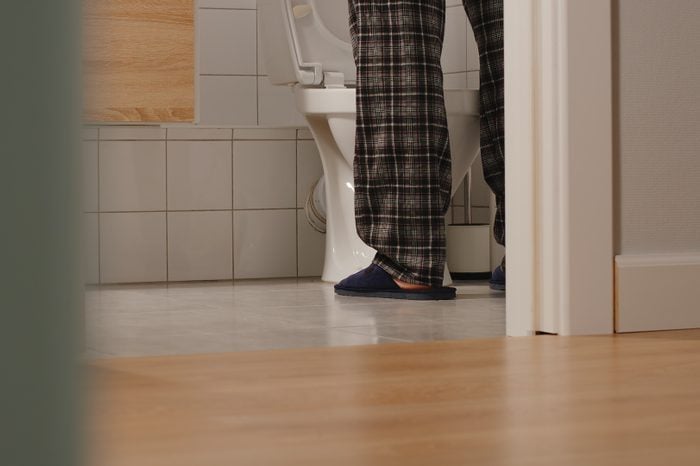
Why do I wake up at night to pee, but not to poop?
The sophisticated, intelligent neurons in your gut that control colon contractions, which push out waste, are also influenced by your body’s circadian rhythm, the internal clock that wakes you when it’s light out and makes you feel sleepy at night, says Pankaj J. Pasricha, MD, director of neurogastroenterology at Johns Hopkins Center for Neurogastroenterology. So most people don’t have the urge to empty their colon in the middle of the night. On the other hand, the bladder, which acts as a reservoir for the continuous flow of urine produced in the kidneys, can stretch only up to a certain volume before you gotta go. Normally, you can sleep six to eight hours without having to urinate, but certain medical condition (type 2 diabetes is one) or drinking too much water before bed can wake you to use the bathroom at night.
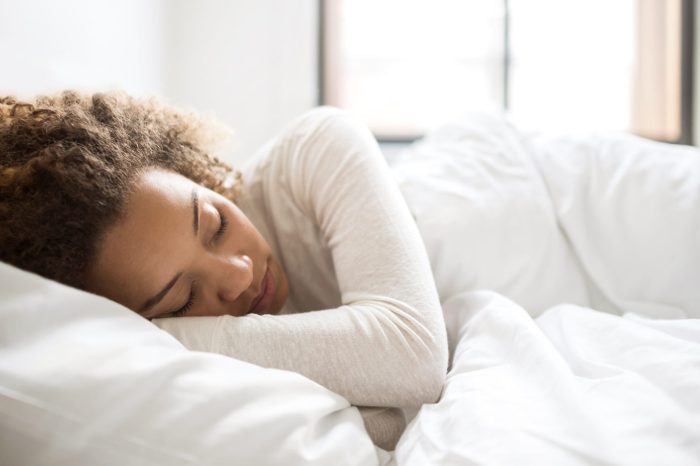
Why am I gassy first thing in the morning?
The colon is fairly dormant during the middle of the night, but it gets revved up and starts contracting when you wake up, sweeping out the gas that’s been trapped there all night. “The highest volume and longest emission of the day is usually in the morning when the colon wakes up,” says gastroenterologist Anish Sheth, MD, author of What’s Your Poo Telling You?. Here are more unexpected reasons you’re so gassy.
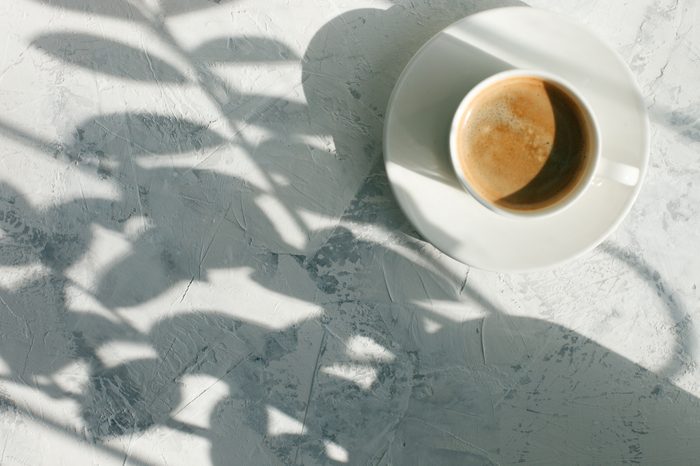
Why does drinking coffee make you poop?
It’s not just you: Some 30 percent of people feel the urge to have a bowel movement after their morning java, the Washington Post reports. Don’t just blame the caffeine. Coffee stimulates the distal colon, which speeds up waste removal, so to speak, according to research in Diseases of the Colon and Rectum and the European Journal of Sport Science. Coffee’s acidity may be a factor. Its chlorogenic acid causes the stomach to produce more gastric acid, which could cause the stomach to get rid of its contents more quickly than normal. Here’s everything else you need to know about why coffee makes you poop.
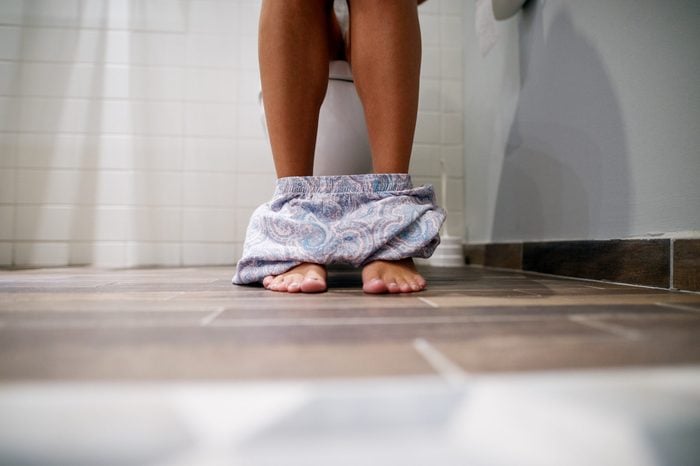
Why does pooping sometimes give you the chills?
Dr. Sheth calls the feel-good sensation “poo-phoria.” It occurs when your bowel movement stimulates the vagus nerve, which runs from the brainstem to the colon. When the vagus nerve is stimulated, it can cause sweating and chills, as well as a drop in blood pressure and heart rate. It takes a large amount of poop to trigger poo-phoria, which is why it might not occur every time you head to the john.
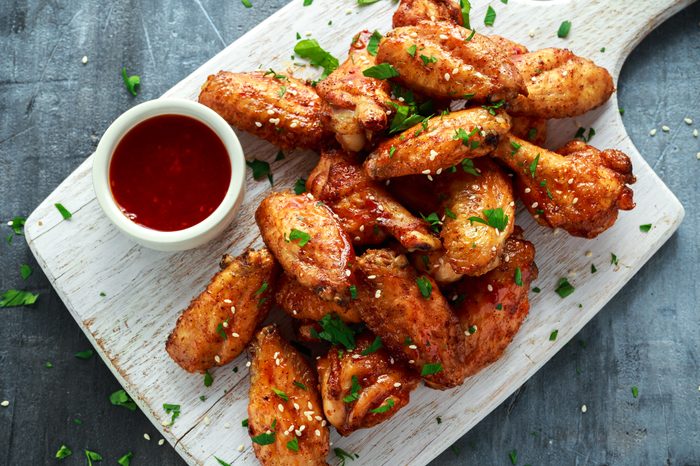
Why does eating spicy food make it hurt to go #2?
The compounds that give those buffalo wings their heat remain relatively unchanged as you digest them, so they make their way into your poop. “When capsaicin comes in contact with our skin or mucosa, it can bind to a receptor called TRPV1 (transient receptor potential vanilloid 1 ion channel),” says Christine Lee, MD, a gastroenterologist at Cleveland Clinic. “This receptor is found all over your body, including your digestive tract from lips/mouth to anus.” She explains that the capsaicin, a chili pepper extract found in spicy foods, is sometimes not completely digested. This means that when it passes through your digestive tract, it can trigger TRPV1 receptors. “By the time it reaches the end of your digestive tract, any remaining available capsaicin in the food waste can fire off these receptors in your anus and allow you to feel the pain/burn yet one more time,” Lee says.
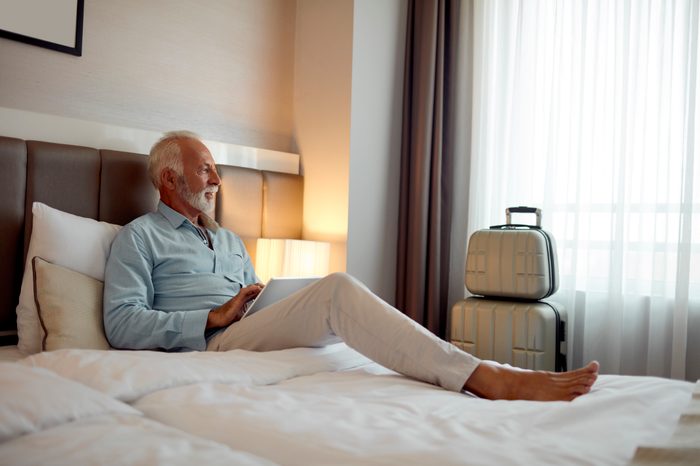
Why can’t you poop when you’re on vacation?
Almost 40 percent of people get constipated when they travel, and it’s mainly due to changes in your routine, according Dr. Levine. Different meal times, a shifted sleeping schedule, or jet lag can throw off your body’s circadian rhythm and affect your digestive process. Try out these natural home remedies for constipation and some smart tricks for avoiding travel constipation.
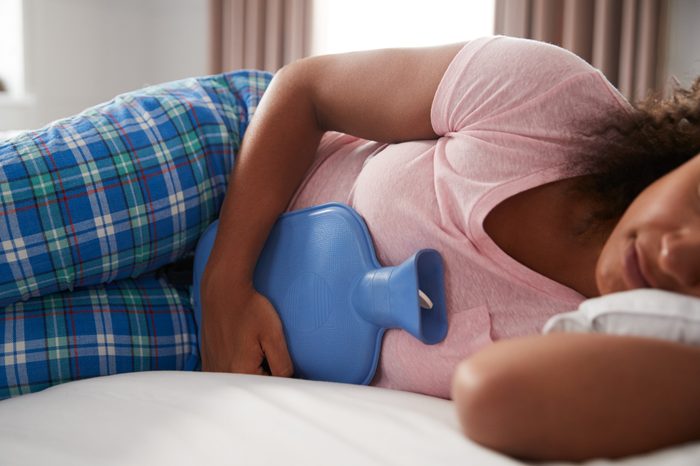
Why do you have to poop more when you get your period?
When your period begins, your body releases hormones called prostaglandins, which help your uterus contract—and can also affect your bowels. According to Ada McVean with McGill University’s Office for Science and Society, the problem occurs when those pesky prostaglandins leave the uterus and are “detected by the smooth muscle cells of the large intestine,” triggering them to contract. Here’s how often you should poop, and signs you might have a digestive problem.
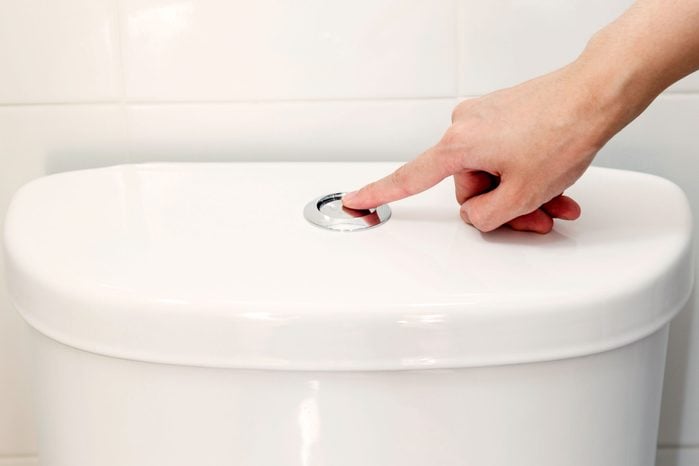
Why does poop refuse to sink?
Poops that float may contain fat, which can be a sign your body is having problems absorbing nutrients from food. Malabsorption is linked with conditions like celiac disease or chronic pancreatitis. Still, the occasional floating stool is no reason for concern. Don’t miss the ways you never knew you were using the toilet wrong.

Why does surgery affect your BMs?
The medications you are given at the time of surgery, the pain relievers you may take afterward, and the inactivity that occurs during recovery can all be a constipation trifecta. Your doctor will likely offer you stool softeners prior to and following surgery and, if not, ask the doctor if it might be recommended for you, Richard C. Selenick, MD, recommends in his blog on HuffingtonPost.com. Find out what your bowel movements can reveal about your health.
